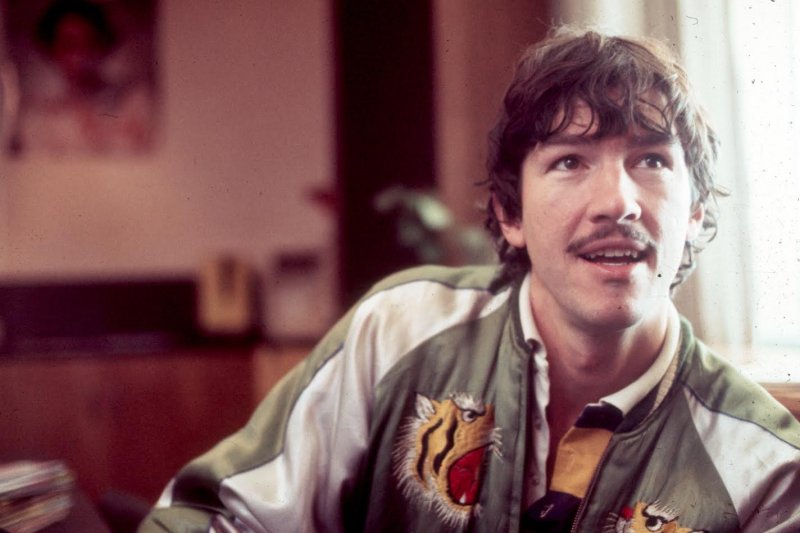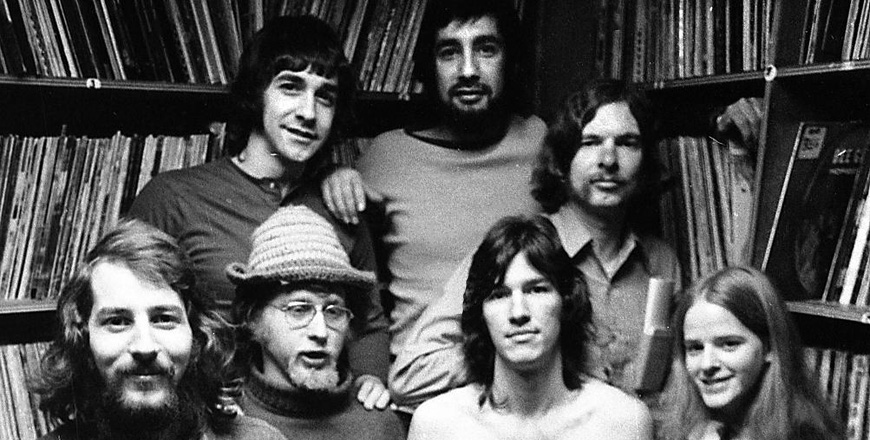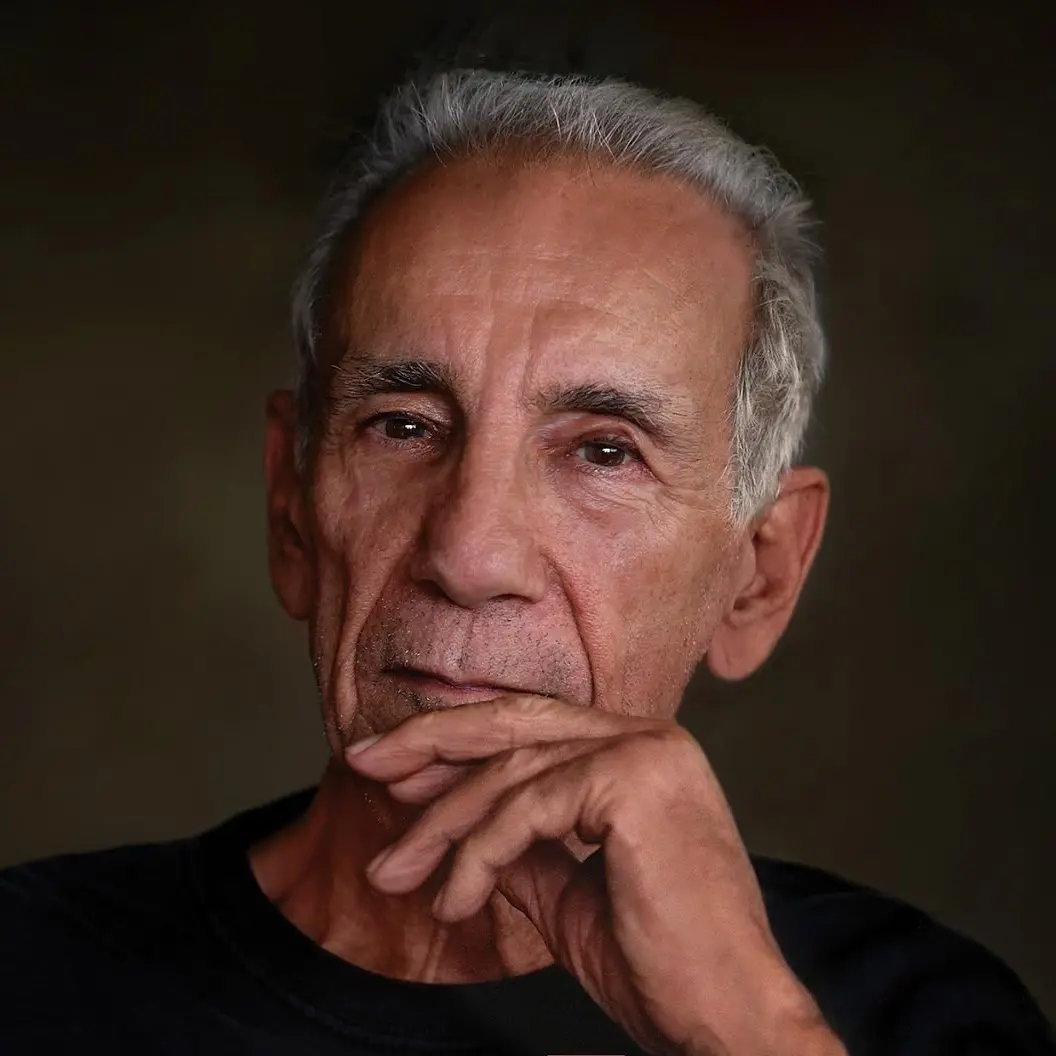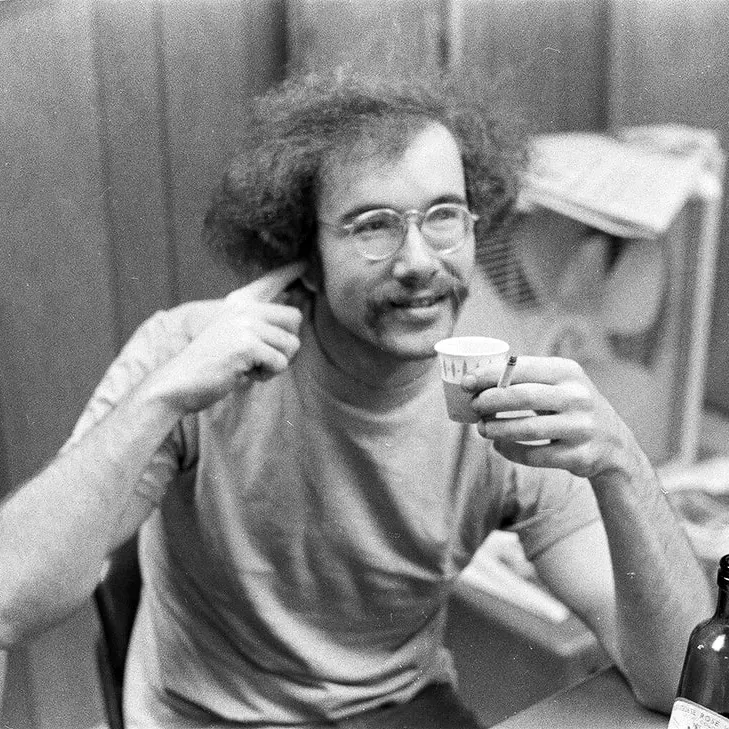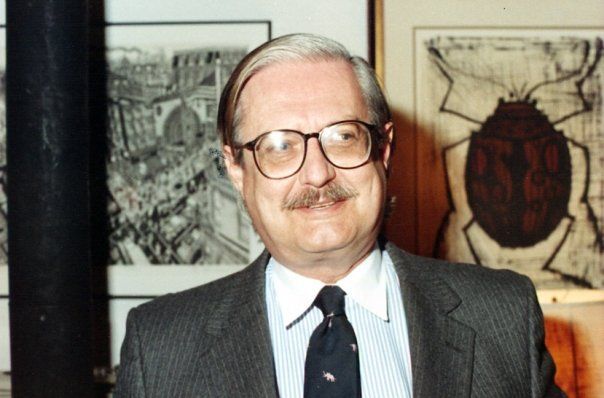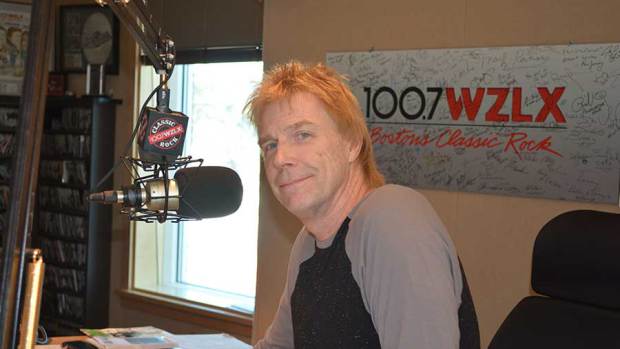John Brodey
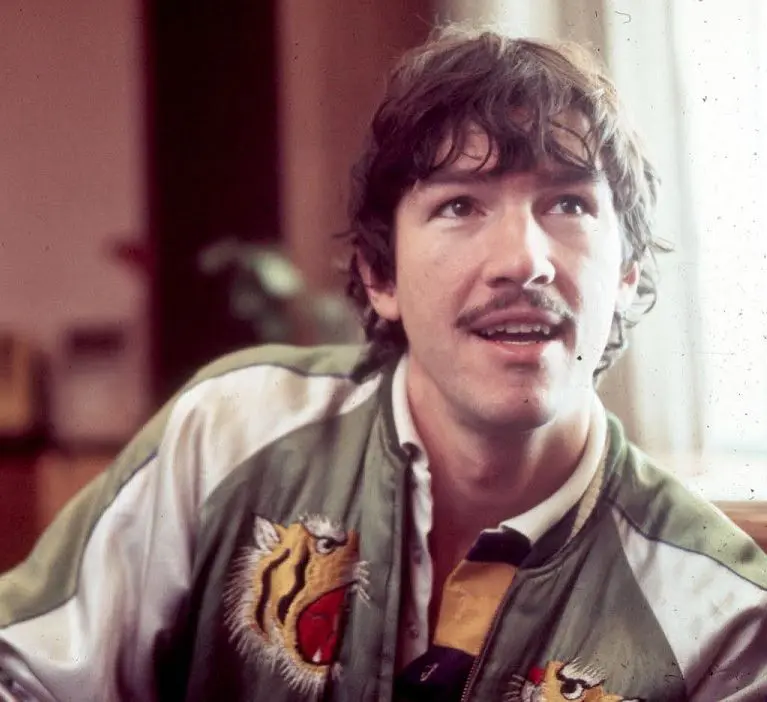
In early 1969, after a year in which the counter-culture sounds emanating from the radio tower at 104.1 FM had sparked and thrived, WBCN settled into its second headquarters on Stuart Street in Boston. During that formative year, John Brodey had listened to ‘BCN with great interest during his frequent visits home from the University of Wisconsin.
“I knew a girl who’d gone out with [‘BCN deejay] Steve Segal for a while and I said, ‘If you can just give me an introduction, I’ll take it from there.’ Soon I was interning for Steven, weaseling my way in. I had to put away his records, get him stuff and drive him home because he had a car, but didn’t drive. We started talking and soon he was like, ‘Oh, you know something about music, man.’ It was a nice relationship…and I lasted!”
INTRODUCING REGGAE, AIRING GINGER BAKER’S SOLO
Brodey eventually became a full-time jock and the station’s music director, which was not a small chore considering how important music was to WBCN’s presentation. In 1973, Brodey fell in love with reggae while vacationing in Jamaica – the genre had captivated England over the previous few years, but still hadn’t made much of an impression in America – and his passion led to serious airtime for reggae on ‘BCN. It also resulted in The Harder They Come, a 1972 film starring reggae icon Jimmy Cliff, playing at the Orson Welles Cinema in Cambridge seven years straight.
In ‘BCN mythology, Brodey once played a 12-minute Ginger Baker drum solo on Sunday morning and was, rather famously, reamed out over the phone by station founder Ray Riepen for sacrilegious misuse of the airwaves. Morning jock Charles Laquidara defended his pal by playing every drum solo he could find during his next shift.
1979 STRIKE, DEPARTURE
Brodey happened to be on the air when ‘BCN’s union shop took the vote to strike in the wake of massive staff firings in February 1979. He put Laquidara on the air to read the union statement, then walked out the door to join his fellows on the picket line. After the three-week action resulted in a victory for the union, Brodey, who had been planning to leave already, ended his 10-year run at ‘BCN to begin what became a very successful career in the recording industry.
(by Carter Alan)
Carter Alan is a former WBCN deejay now heard on WZLX-FM in Boston. He is the author of Radio Free Boston: The Rise and Fall of WBCN (University Press of New England, 2013).

